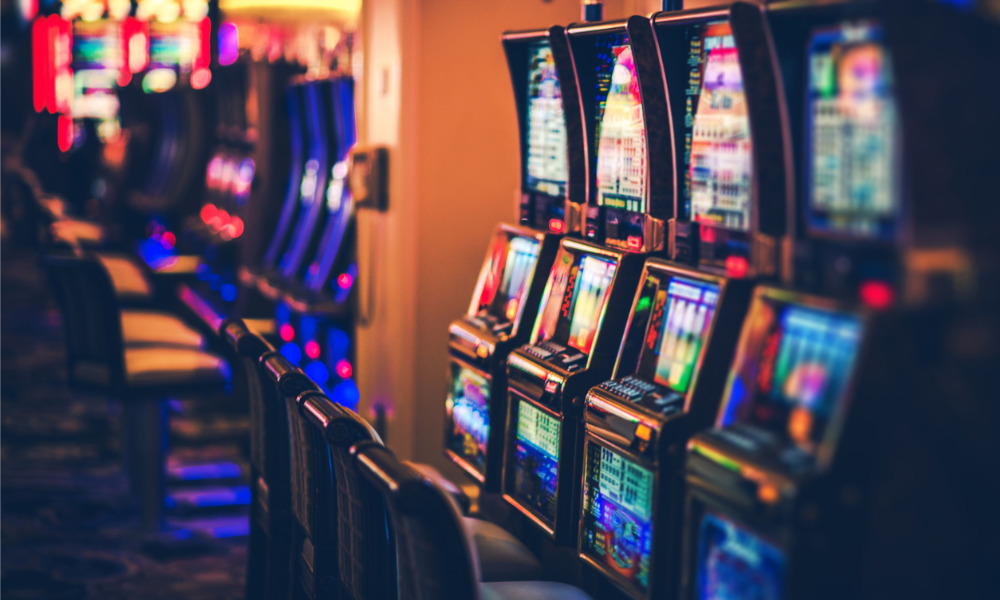What keeps long-time users engaged with daily casino missions?

Daily mission structures provide ongoing objectives that transform random gambling sessions into goal-oriented activities with clear completion targets. Every 24 hours, new targets are introduced, preventing long-term engagement from becoming monotonous. It is encouraged for players to participate in daily missions rather than take part in high-volume, sporadic sessions. Daily logins become habitual rather than sporadic when completion satisfaction, rewards accumulation, and streak maintenance are maintained. Mission structures essentially gamify the act of gambling itself, adding meta-game layers to underlying casino activities.
Achievement satisfaction psychology
Completing daily missions triggers dopamine release associated with goal accomplishment regardless of gambling outcomes. A session can end positively even after losses if players unlock rewards supported by link free credit no deposit 2025 access. This psychological reward, separation from financial results, maintains engagement even during extended losing periods that would otherwise drive players away from platforms lacking mission structures. Mission completion creates tangible progress markers within gambling activities that naturally emphasize losses over wins through house edge mathematics. Daily objectives reframe sessions as successful when missions are completed despite net losses. This cognitive reframing reduces the psychological impact of losing sessions by providing alternative success metrics beyond profit and loss calculations.
Streak preservation motivation
Many mission systems track consecutive day completion streaks that reset upon missing a single day. A player maintaining a 47-day streak faces substantial psychological pressure against breaking continuity by skipping day 48. This commitment mechanism grows stronger with each successive day as the accumulated streak becomes more valuable and difficult to abandon. Platforms often escalate rewards based on streak lengths to intensify preservation motivation. Day one missions reward 10 bonus units. Day 30 missions reward 50 units. Day 100 missions reward 200 units. The escalating value structure makes each day more costly to skip than the previous day. Players who might casually miss early streak days fight to maintain later positions because abandoning them forfeits substantial accumulated value.
Reward accumulation pathways
Daily missions can earn points and tokens that can be accumulated for large milestone rewards. Earning 100 points per day within 30 days unlocks substantial bonuses. By creating medium-term goals, engagement over a full month is sustained. The accumulation structure also permits players to miss occasional days without losing all progress toward milestone goals. Missing three days during a month reduces final point totals but doesn’t reset accumulated progress completely like streak systems do. This forgiveness mechanism prevents all-or-nothing scenarios where a single missed day destroys all motivation to continue. The graduated loss encourages return rather than complete abandonment.
Variety through rotation
Effective daily mission systems rotate objective types to prevent repetitive boredom from identical tasks repeating indefinitely. Monday missions require playing specific game categories. Tuesday missions focus on bet volume. Wednesday missions emphasise win frequency. This rotation exposes players to games or betting patterns they might otherwise ignore while preventing the staleness that identical daily repetition creates. Seasonal and event-based mission variations provide additional variety layers beyond standard rotations. Holiday periods introduce themed missions with enhanced rewards. Tournament days feature competition-related objectives. This dynamic mission landscape maintains novelty across months or years of continuous participation, where static mission structures would grow stale quickly.
Daily missions sustain long-term engagement by reframing gambling losses as mission completion successes, creating alternative achievement metrics that provide psychological rewards independent of financial outcomes. This gamification layer adds purpose to routine sessions while building behavioural habits through streak psychology and reward accumulation that keep players returning consistently regardless of actual gambling results.





